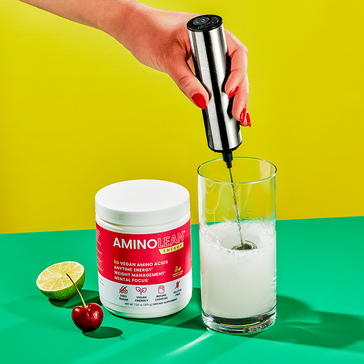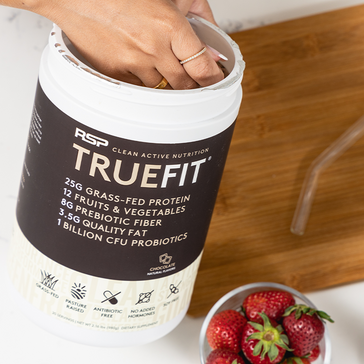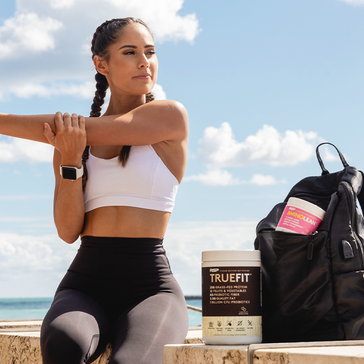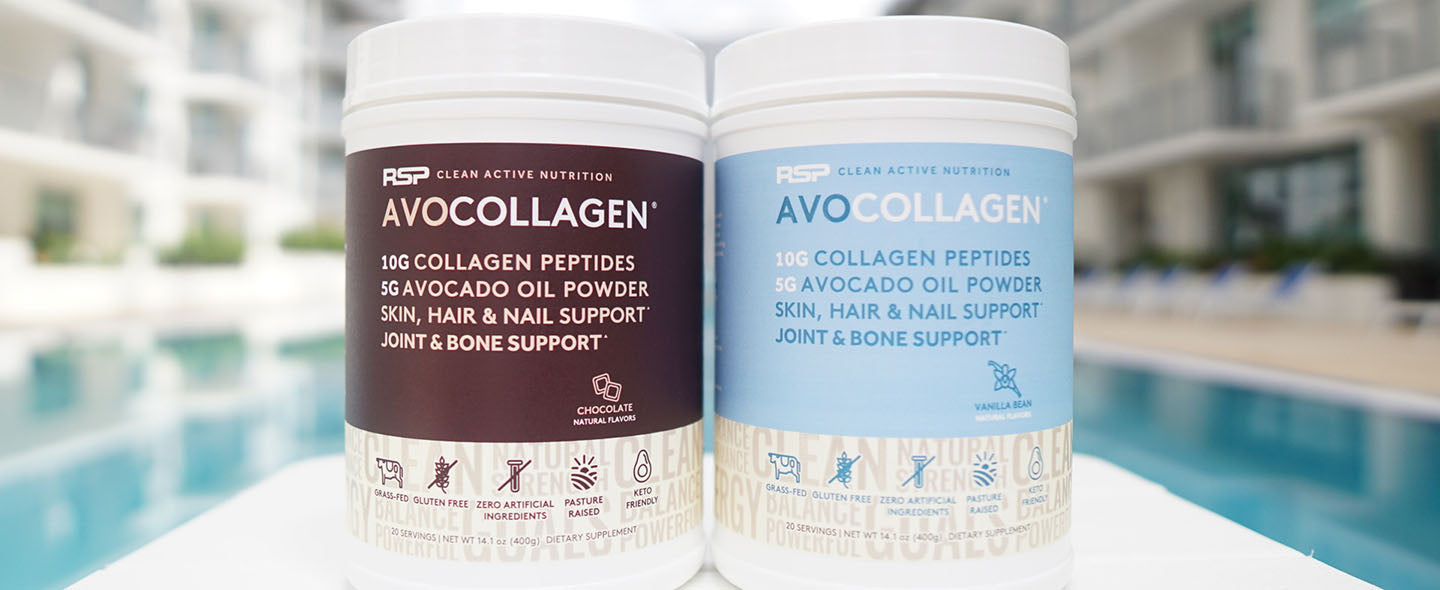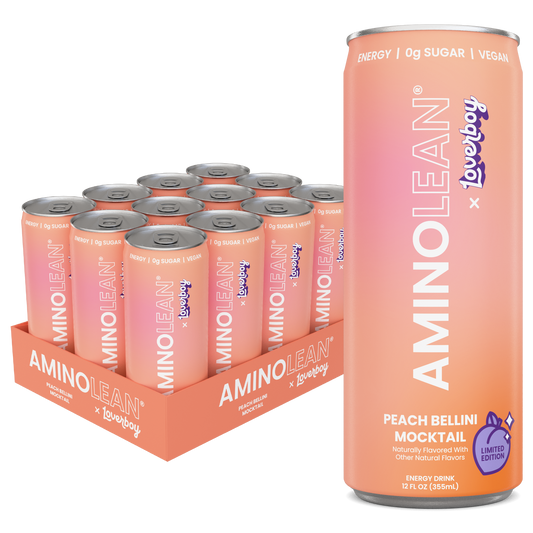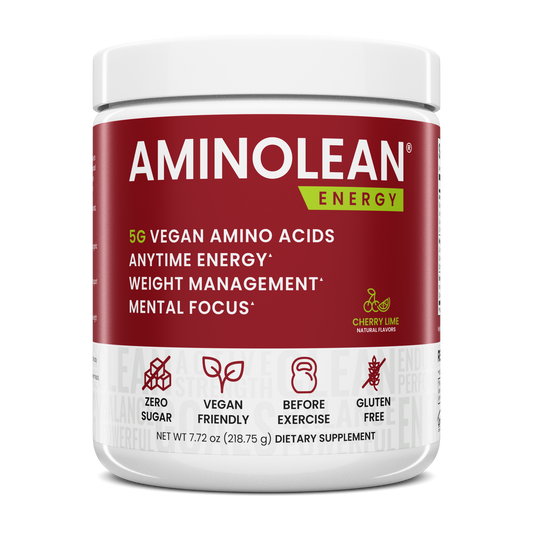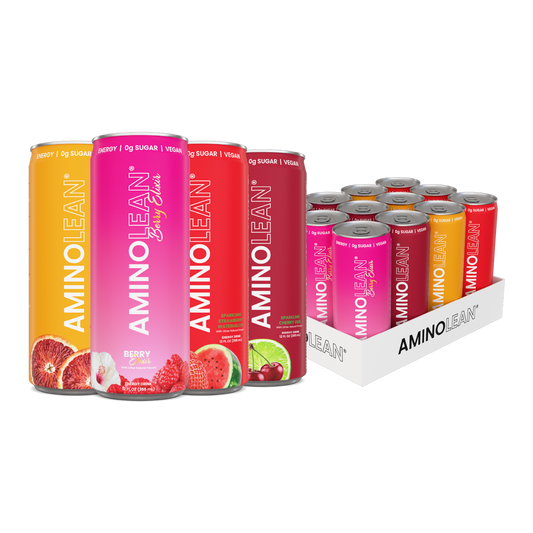If you’re looking to boost your beauty routine, enhance your overall health, or give your connective tissue some much-needed TLC, you might be wondering about the health benefits of collagen.
What Is Collagen?
You may know collagen as the supplement to take if you want to improve the elasticity and health of your skin or as the powder you add to your protein shake to help relieve joint pain and prevent bone loss. But what exactly is collagen, and why do you need it?
Collagen is the most abundant protein in your body. In fact, Dr. Laura C. Stix, H.BSc, CCHt, ND, a Naturopathic Doctor and Clinical Hypnotherapist, says that 30 percent of the human body is made up of collagen. “It’s a pretty important aspect to our health,” she explains.
Since the collagen in our body is continuously breaking down and rebuilding, it’s not uncommon to experience decreasing levels, especially as you get older. And when you factor in physical stressors, pollutants, and poor diet, which all increase the demand for this essential building block, Dr. Stix says it’s easy to see how supplementation can help offset this loss.
Health Benefits of Collagen
There are numerous health benefits of collagen for people of all ages. Plus, most of the studies done on collagen show that it is extremely safe to take in the recommended doses. “The only rare reported side effects have included things like headaches and gut issues such as nausea, gas issues, or constipation,” explains Dr. Stix.
Because collagen contributes to the supportive framework of our hair, skin, nails, bones, tendons, ligaments, and muscles, Dr. Stix points to various ways research in humans has demonstrated the benefits of collagen. For example:
- Better nail growth and less chipping
- Reduced fine lines and wrinkles
- Reduced cellulite in women who have a body mass index (BMI) of 25 or less
- Better outcomes for people with severe osteoarthritis
- Improvements in rheumatoid arthritis
- Improved bone mineral density in postmenopausal women
Collagen supplements come in many forms including powder, capsules, gummies, and topical applications. While personal preference will dictate how you consume collagen, one of the benefits of using a powder is that it dissolves easily in beverages, smoothies, sauces, and soups — which is great news if you don’t like popping pills.
How To Use Collagen Supplements
Working with a registered dietician, naturopath, or medical doctor is the ideal way to find out if collagen is right for you, especially if you’re taking any prescription medications or have any medical conditions that may impact your health. However, since supplementing with collagen is relatively safe, taking a high-quality product like AvoCollagen is a great place to start.
AvoCollagen contains 10 grams of hydrolyzed collagen peptides from grass-fed, pasture-raised cows with zero artificial ingredients. It also packs a healthy dose of avocado oil, which is rich in vitamins minerals. And with only 90 calories per serving, this perfectly paired product can fit into most diet and weight loss plans, including keto.
Like many other dietary supplements, the dosage, duration, and type of collagen all depend on the reason for taking the product. In general, Dr. Stix says a minimum and standard dosage of 5 grams per day covers most evidence-based dosages. Make sure to give the supplement adequate time to work. Dr. Stix says most collagens require at least 12 weeks of supplementation.
More specific health concerns may require a higher or lower dose of collagen. “To help heal a wound, the dose is typically 5 to 10 grams per day for up to 3 months,” explains Dr. Stix. For overall skin health, she says even 2.5 grams per day, which is lower than the standard dose, can lead to positive results. “And an athlete that's looking to improve tendon health should take 10 grams just before a workout,” she adds.
But if you want an individualized calculation, Dr. Stix says to consume 1 to 2 grams of collagen for every 10 grams of non-collagen protein. For example, a male who weighs 70kgs should consume around 70 grams of protein (1g per kg of bodyweight), and should take about 7 to 14 grams of collagen per day.
While a collagen supplement does give you a high concentration of certain amino acids like glycine, proline, hydroxyproline, and arginine, it shouldn’t replace other sources of protein in your diet, such as protein powder. One way to maximize the benefits of collagen and increase the amount of protein in your diet is to add AvoCollagen to a protein supplement like TrueFit.
